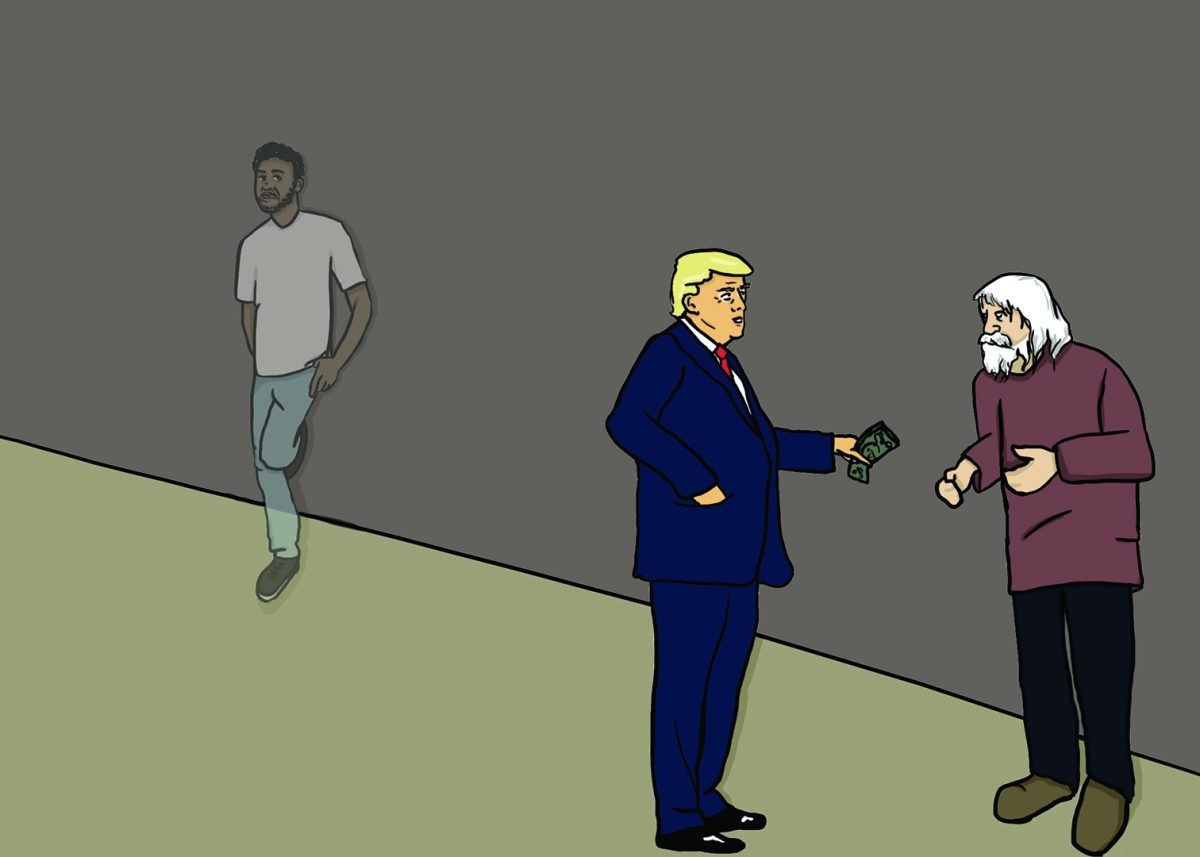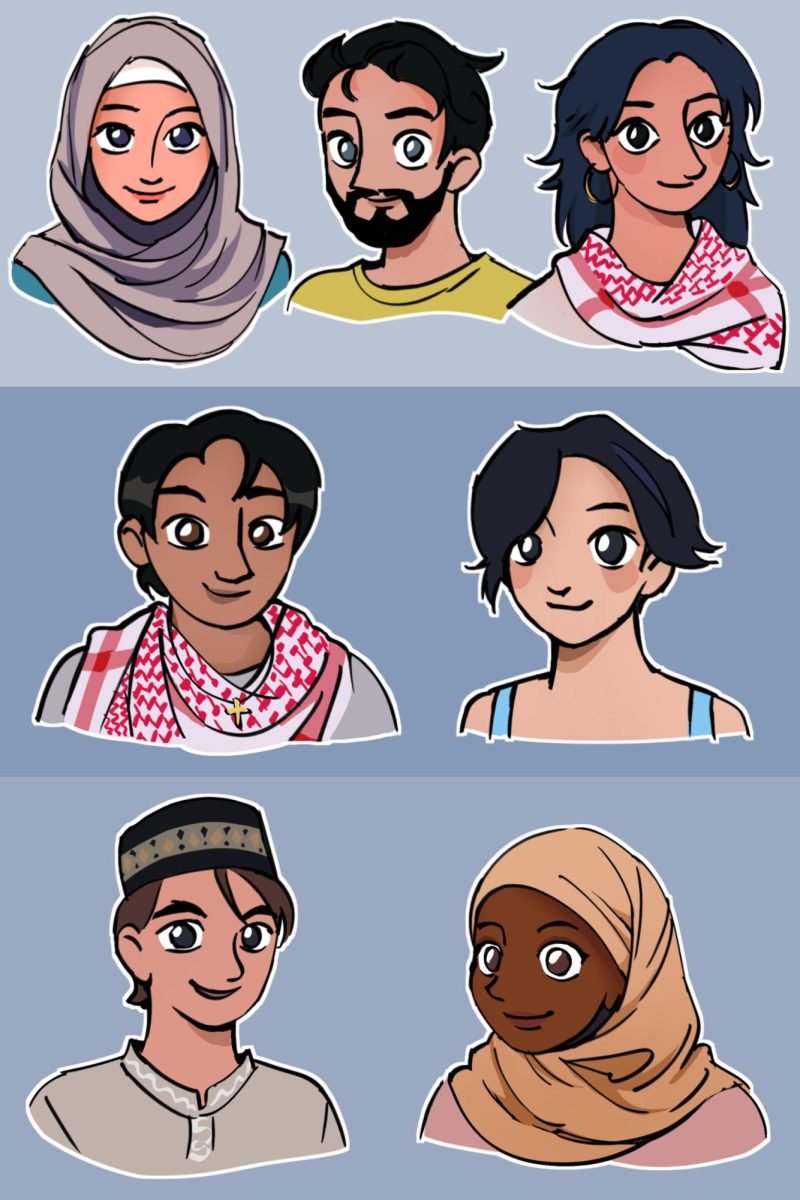Since the beginning of his campaign in 2016, President Trump has prided himself in leading the vanguard for the Americans who have gone unheard in the United States. His campaign popularized and stylized the idea of low-income white Americans as the biggest victims of oppression in the United States; however, there are marginalized groups that have faced much greater hardships for much longer than the white American.
President Trump gives his supporters permission to feel sorry for themselves in a space where it is generally not tolerated. The president allows “victims” of Obama Care to tell stories of how it ruined their lives and promises the coal miners to return their stolen jobs. The people who subscribe to these theatrics defend them by invoking empathy. This is accomplished by suggesting those who question the validity of their plight lack the empathy to see these people are suffering due to a lack of jobs and the transgressions of the Obama administration, thus forgiving their other discriminatory beliefs.
This cry for sympathy is a slap in the face to poor African Americans who have been subjected to the recent struggles of the working-class white American for over 60 years, and much worse before that. While it would seem absurd for the white working class to view itself as the most subjugated group in America, that is the perspective the government has taken toward poor African Americans since the founding of this country.
The U.S. government has always held a double standard when it comes to suffering. African Americans can be almost twice as unemployed and almost twice as poor as white Americans, and the working-class white community will still get more attention. Not to mention these coal mines closed within the last few years, but factory jobs moved out of black neighborhoods decades ago and no one spoke up about it until it started affecting white income.
Whenever there seems to be a drug problem in rural white areas it is framed as an “epidemic and a crisis” that needs to be solved as soon as possible for the sake of the victims of addiction. Conversely, if there is a drug problem in African American communities we simply need law and order, and a war on drugs to eradicate the “criminals” and “lowlifes” who use abuse drugs.
What makes the faux oppression of Trump’s constituency even more absurd is they claim to be abused by the government they have always had control over. Black Americans have been dissatisfied with several presidents throughout all of American history and have been forced to cope with disenfranchisement. However, the moment the working-class white Americans become dissatisfied with a president, they elect Donald Trump. The discomfort of the white working class seems to carry more weight in this country than the discomfort of any minority group.
Black people have always been the afterthought and treated as off-brand Americans. Issues can plague black communities for decades and they do not matter until one percent of white America is affected. We have always been disposable in the eyes of the government. Beyond the obvious examples of slavery and the Jim Crow era, we have instances like the Tuskegee Syphilis study where black men with syphilis were used to collect data and were offered no treatment, nor education on the illness, and most did not even know they were afflicted. This idea of poor blacks being capital is pervasive to this day.
On top of being ignored when it comes to policy, politicians and pundits will go to any extreme to discredit or invalidate our plight. When black Americans stand up to be recognized by the government, we are told to stand. When we speak out, we are told to be quiet, and when we demand better, we are told to be satisfied.
The response to the suffering of poor blacks has always been the same. White America would like for us to be neither seen nor heard. The issue is never disagreement over the solutions we suggest, but that they do not bother listening at all because they would rather deny the problem altogether, as if poor black Americans reside in a world of delusion. The American government would prefer much more that we simply do nothing at all, because that is what invisible people do.
-Carrington Tatum is an electronic media sophomore
Categories:
To be poor and black in America is to be invisible
August 18, 2017
Photo Illustration by Haley Prieto
0
Donate to The University Star
Your donation will support the student journalists of Texas State University. Your contribution will allow us to purchase equipment and cover our annual website hosting costs.
More to Discover








